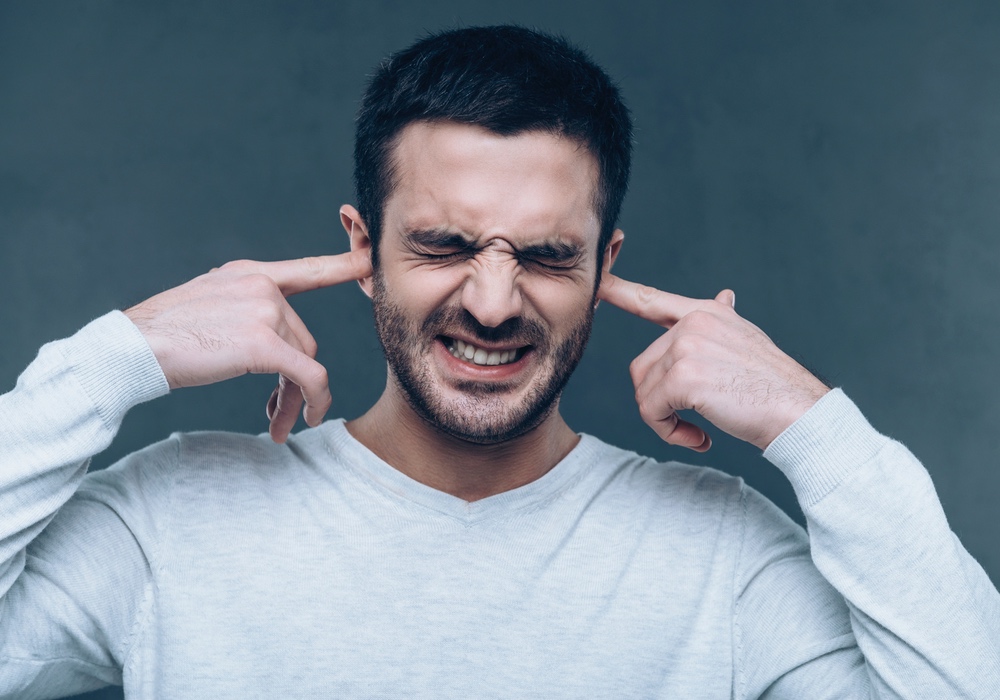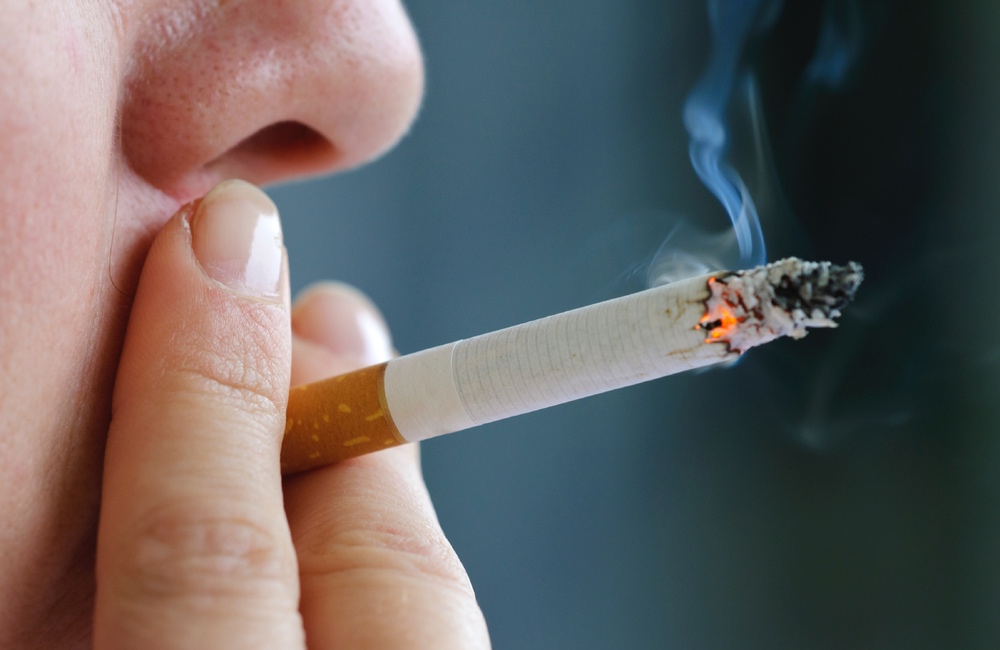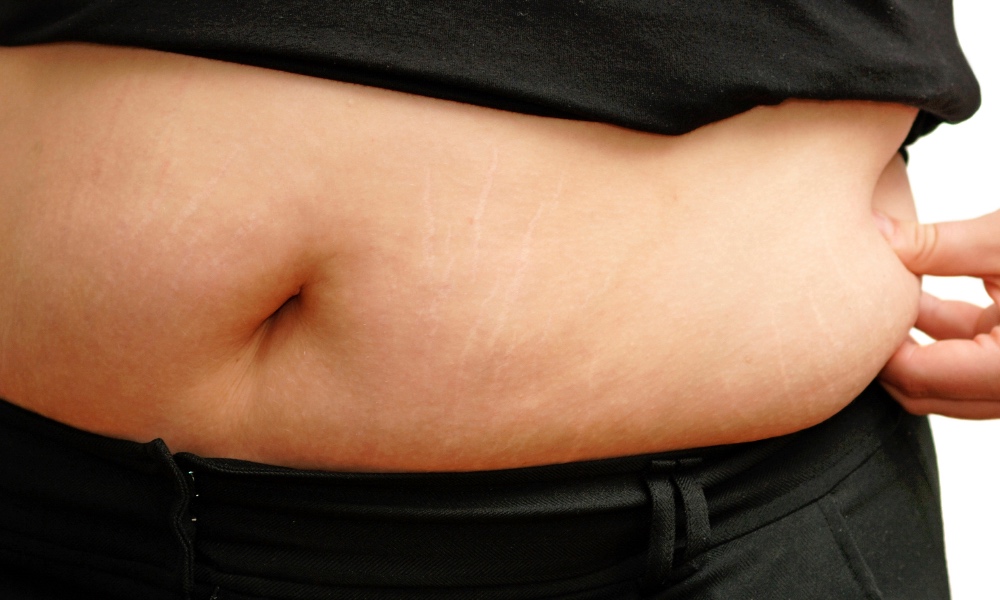Pediatricians are sounding the alarm on excessive noise . From infant sleep sound machines to blaring earbuds, booming fireworks and honking traffic, the American Academy of Pediatrics (AAP) has just issued a Policy Statement warning parents that loud sounds can permanently hurt their kid's hearing.
What parents may not realize is that the effect of loud noise isn't a one-time deal. It's cumulative. The harm from exposure to loud sounds builds up from infancy into adulthood — and it can cause sweeping problems including behavioral and learning issues, as well as permanent hearing loss.
Children and adolescents are especially vulnerable. “Children have smaller ear canals than adults, which intensifies higher frequency sounds. And the concern is not only with volume, but how long and how often children are exposed to noise,” lead author, Sophie J. Balk, said in a press release. “Common everyday noises, like road traffic or a television playing in the background, can also disrupt sleep, learning and quality of life. It's very important to prevent harmful noise exposures starting early in a child's life.”
The problem is far-reaching. Sixty-percent of adolescents and young adults exceed the maximum daily noise dose recommended, particularly in the presence of background noise which results in the user increasing volume, according to one study mentioned in the Academy's report.If you want to know when it's appropriate to ask your child or teen to turn down the sound, a good rule of thumb is this: If you have to raise your voice to talk to a kid who is only an arm's distance away — it's too loud.
There are no federal regulatory standards to protect the public from environmental noise at the moment. The AAP also notes that noise exposures are higher in people of lower socioeconomic status.
The average listening levels of young adults range from 71 to 105 decibels. Just to put these numbers into perspective, the sounds of a motorcycle, a rock concert and a movie theater sound system range from 80 up to 115 decibels, according to the Centers for Disease Control and Prevention.
If you want to know when it's appropriate to ask your child or adolescent to turn down the sound, a good rule of them is this: If you have to raise your voice to talk to a kid who is only an arm's distance away — it's too loud.
To reduce children and teens' exposure to loud noises, the AAP also recommends:
- Lowering the volume on television computers, radios and personal listening devices
- Taking listening breaks
- Using headphones and other personal listening devices with caution
- Advocating for reduced noise spaces, especially in early childcare and education settings.
- Offering earmuffs or over-the-ear headsets for children with audio sensitivity. (Be cautious with earplugs, as they can pose a choking hazard to young children.)
- Taking the noise exposure of age-appropriate toys, video games, tablets and other devices, as well as screen time, into consideration
- Counseling teens about the importance of using hearing protection devices in noisy hobbies like riding dirt bikes or shooting sports
- Wearing protection and relocating away from the speakers when attending excessively loud events like concerts and sports arenas
If you think your child has been affected by exposure to loud noises, speak with your pediatrician about setting up an appointment with an audiologist who can check your child's hearing. Once hearing is damaged, it's damaged, but you and your child can still prevent the problem from becoming worse.
In addition to the Policy Statement, published in Pediatrics, there is also a related Technical Report, Preventing Excessive Noise Exposure in Infants, Children, and Adolescents. Both are available to the public for free.





